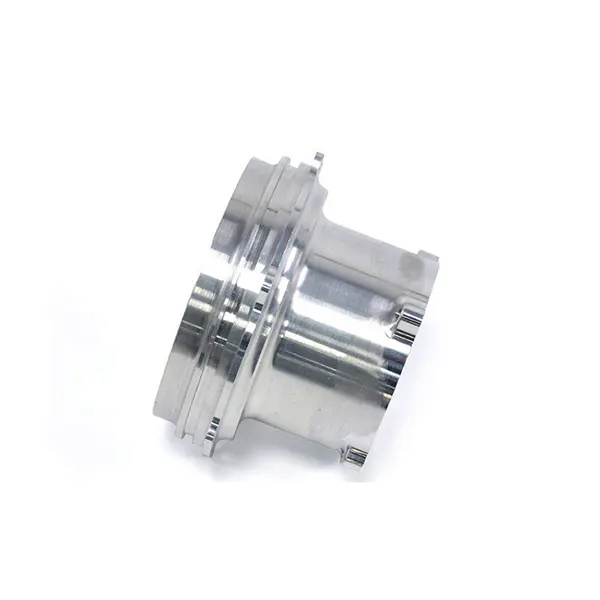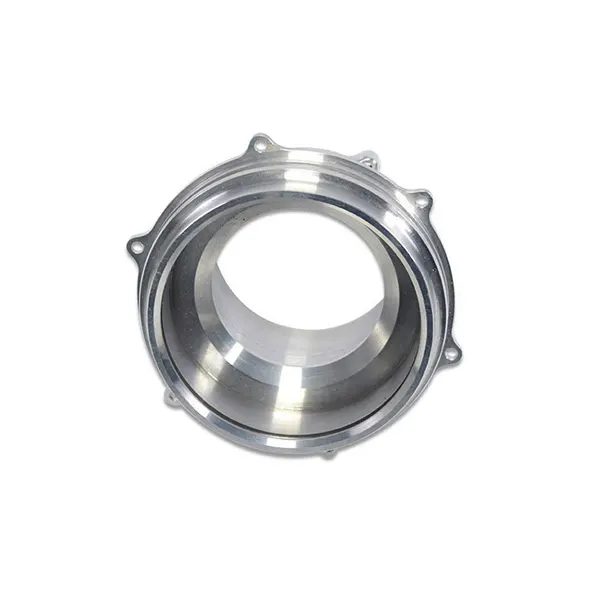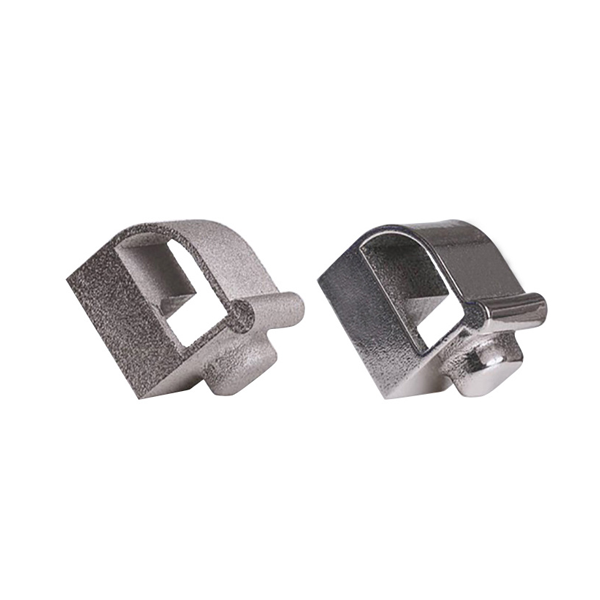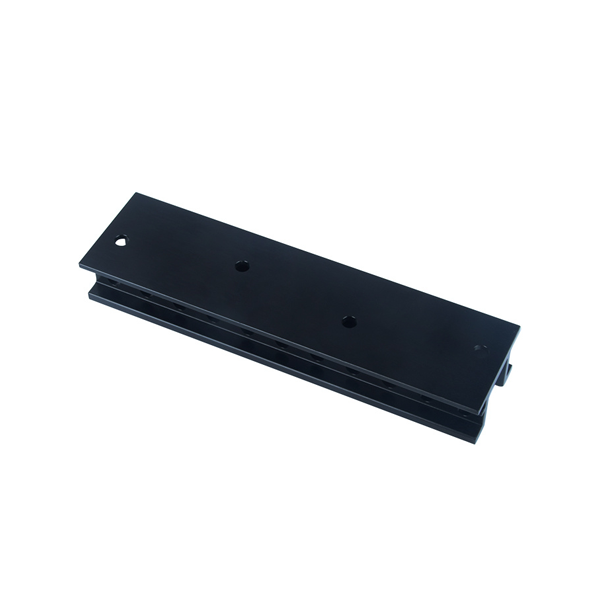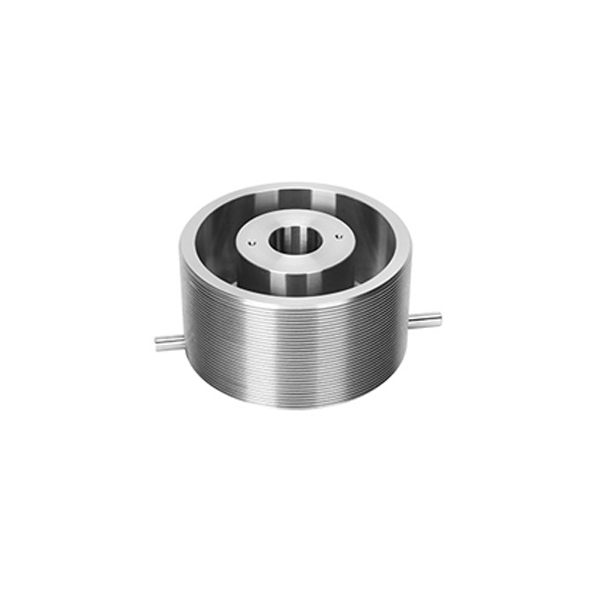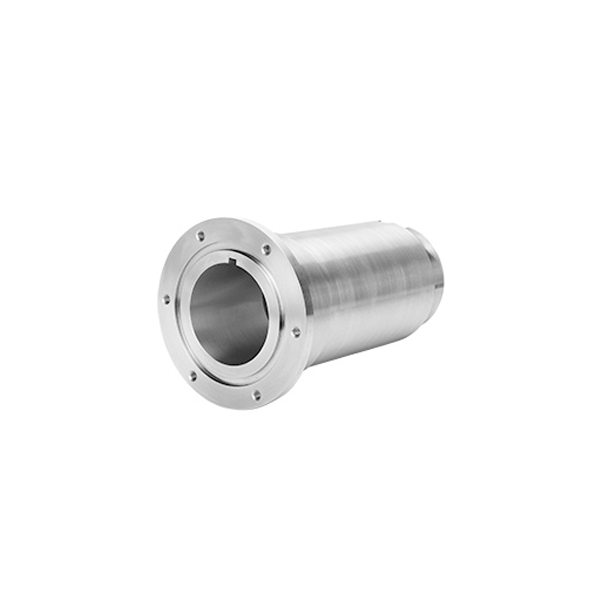GD Prototyping

CNC Lathing Parts
- Maximum turning diameter: 500mm
- Maximum turning length: 1000mm
- Spindle speeds: 50-4000 RPM
- Tool positions: 12-24 station turrets
- Standard: ±0.1mm (±0.004")
- Precision: ±0.025mm (±0.001")
- Ultra-precision: ±0.005mm (±0.0002")
- Description
- Specification
- Application
- FAQS
CNC machining is a highly versatile process used to create precision parts from various materials, including aluminum. This method offers high accuracy and excellent flexibility, making it ideal for producing custom components that meet specific design requirements.
When working with aluminum, CNC machining is particularly valuable because it allows for the creation of lightweight and durable parts. Whether you need prototypes or small-batch production, CNC machining can deliver high-quality results in a short time frame. It is widely used in industries such as automotive, aerospace, and electronics, where part performance is critical.
The ability to work with different grades of aluminum, such as 6061 and 7075, makes CNC machining a flexible solution for diverse applications. CNC machines can handle intricate designs, providing both surface finish and precise geometries that are essential for functional components. This level of precision is especially useful when manufacturing parts that must meet strict tolerances.
You can also take advantage of CNC machining’s capability to integrate multiple processes, such as drilling, tapping, and milling, in one setup. This reduces the need for additional steps and improves production efficiency. The result is reduced lead times and lower overall production costs.
In addition to its precision and speed, CNC machining also minimizes material waste. The technology ensures that the material is used efficiently, leading to fewer scraps and lower material costs. Whether you’re producing complex aluminum parts or simpler components, CNC machining can meet your needs with minimal waste.
If you're looking for high-quality aluminum parts that require precision and durability, CNC machining is a reliable choice. It provides flexibility, cost-efficiency, and speed.
| Parameter | Value / Description |
|---|---|
| Processing Method | CNC Milling, CNC Turning |
| Material Compatibility | Titanium alloy, 316L stainless steel, PEEK, Copper alloy with gold-plated conductive rails |
| Production Mode | Custom production — one-piece and small-batch manufacturing |
| Complexity Handling | Capable of manufacturing complex and multi-structured parts |
- Medical Devices: Biocompatible materials like titanium alloy and PEEK
- Electronics: Copper alloy with gold-plated conductive rails
- Precision Parts: Complex, multi-structured components for various industries
Q: What materials can be machined with CNC lathing?
A: We work with aluminum alloys, stainless steel, carbon steel, brass, copper, titanium, PEEK, nylon, and other engineering plastics.
Q: What tolerances can you achieve?
A: Standard tolerances range from ±0.1mm to ±0.005mm, with ultra-precision capabilities down to ±0.001mm for critical applications.
Q: What's the maximum part size?
A: Our lathes accommodate parts up to 500mm in diameter and 1000mm in length, with smaller machines for precision micro-components.
Q: How long does typical CNC lathing take?
A: Simple parts can be completed within 24-48 hours, while complex geometries may require 3-5 days including setup and quality verification.
Q: Do you provide finishing services?
A: Yes, we offer anodizing, plating, heat treatment, and various surface finishes to meet your specifications.

